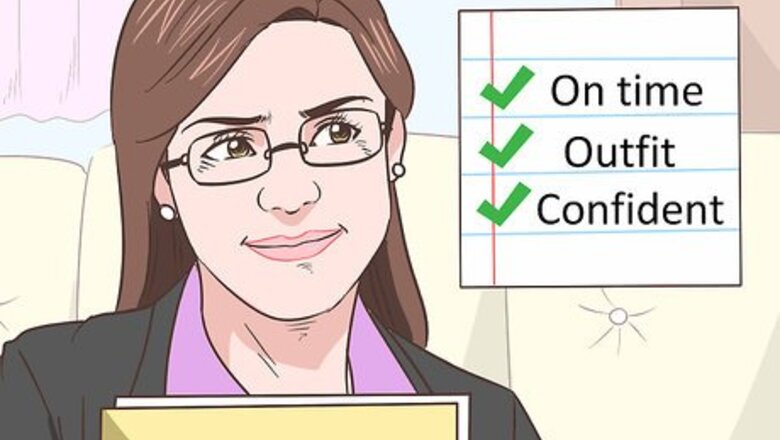
views
Handling Nervous Jitters
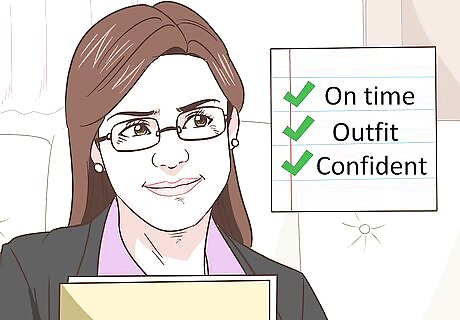
Prepare in advance. One of the best ways to minimize your chances of feeling anxious is through preparation. Symptoms of panic and anxiety often arise due to the unknowns of a situation, so mapping out an activity or event beforehand may help. Do as much as you can in advance to reduce panic later. For example, if you are on edge because of an upcoming job interview, figure out your route ahead of time to reduce your chances of arriving late. Practice questions with a friend or roommate. Ready your outfit the night before.

Reframe your thinking. Sometimes nervous jitters can be easily reduced or eliminated if you just change your inner dialogue to be more positive. Words hold a lot of power over how you feel, especially if the words have a negative undertone. As you feel the onset of increased nerves and jitters, do a check in with your words. Ask yourself, “What words are flowing through my mind that scare me?” Perhaps they are things like, “I’m going to do terrible on that test,” “She'll never say yes if I ask her out,” or “If I try to parallel park here, I will mess up and everyone will see.” When you pay more attention to your internal dialogue, you can usually see that your thoughts are exaggerated, devastating, and down right destructive. Any time you catch yourself with negative thoughts, take a moment to change them. Replace each negative thought with two or three positive ones. For example, “I studied hard and will ace that test tomorrow,” or “Even if I got a B on that test, I will know I did my best and it is still a great grade.”
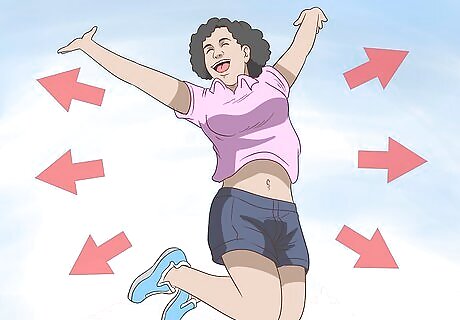
Move your body to release energy. The jitters often feel like pent-up energy inside your body. There’s no better way to release this energy than by moving your body. This can translate to intense physical activity like running or lifting weights. However, you can also simply take your dog for a walk around the block or turn on some music and dance. If you feel jittery before an event, try shaking your hands, stretching, or jumping up and down to alleviate the edgy feeling.
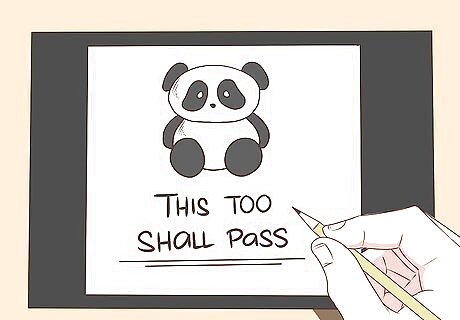
Distract yourself. Typically, when you feel the jitters, you lock your attention on the situation that’s making you anxious. You can stop the jitters by distracting your mind from the panic-inducing event. Distraction techniques can include virtually anything. Try striking up a conversation with someone sitting nearby. Grab a pen and paper and doodle. Or, write down a reassuring quote over and over again, such as “This too shall pass.” Read a book or listen to some music. If you start feeling anxious during a conversation, give yourself a chance to get reoriented! You might take a deep breath or take a quick bathroom break before continuing your chat.

Count on humor. Laughing is a great way to relax the body and mind in an anxiety-provoking situation. You might call up a buddy who has a strong sense of humor, tell a joke, or watch a funny YouTube video. A quick laugh may calm jitters and help you regain control of your nerves.
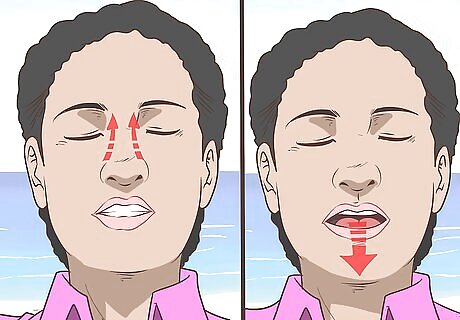
Try deep breathing. Calm breathing is an excellent technique for managing the jitters. This exercise involves taking slow, controlled breaths to decrease the heart rate and relax the body. Taking deep breaths and purposefully slowing your body movements increases oxygenated blood flow throughout your body as it courses through all of your organs, including your brain. This increase of oxygenated blood flowing to your brain improves your thinking and your ability to think logically. Spend a few minutes focusing completely on your breath and you’ll notice the jitters have faded. Purposely make your outflow of breath slower than your intake, as this mimics the breathing you have when you are sleeping, tricking our brain and body to become more relaxed. Breathe in through your mouth. Hold for a few counts. Then, release the air through your nose. Count as you go through each cycle. In and out, “one.” In and out, “two.” And, so on.
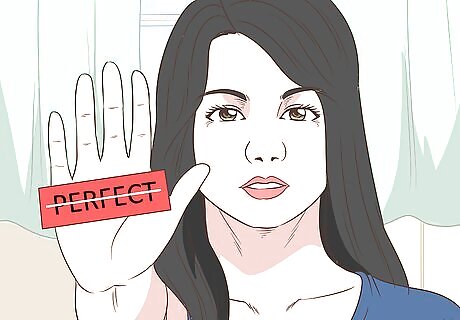
Kick perfectionism to the curb. Trying hard to be perfect is one of the main reasons you may experience jitters. You fear failure, rejection, or embarrassment so your body gets shaky and wound up. Tackle your perfectionist tendencies and you can stop the jitters in their tracks. You can cope with perfectionism by getting some perspective. What is it that you are so worried about? Common causes of concern are someone laughing at you or making a fool of yourself. Think about how often that has happened in the past. Then, remind yourself “It’s very unlikely that they will laugh at me.”
Managing Caffeine Jitters
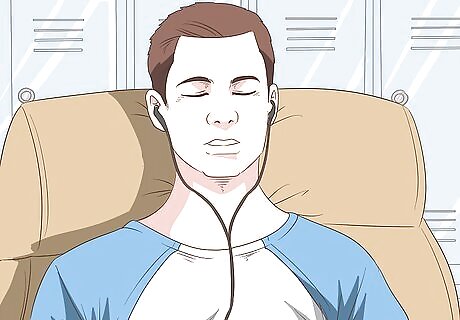
Wait it out. Although the least desirable method of action, letting your body calm down on its own is the most effective method of stopping caffeine jitters once they start. As you wait, it may be a good idea to distract yourself with another activity to get your mind off how you’re feeling. Try lying down for a few minutes and closing your eyes. You may be unable to nap, but doing so may help you calm down and relax. You might also watch TV, run errands, or clean your living space.

Eat something. You are less likely to get the jitters in the first place if you don’t drink coffee on an empty stomach. If you have already made this error, correct it by consuming a hearty meal. Try something filling like oatmeal or stew. Because caffeine dehydrates the body, drink some water with your meal, also. Caffeine drains the body of needed nutrients. You might also experience benefits from eating nutrient-rich fruits and vegetables like oranges, bananas, spinach or kale.
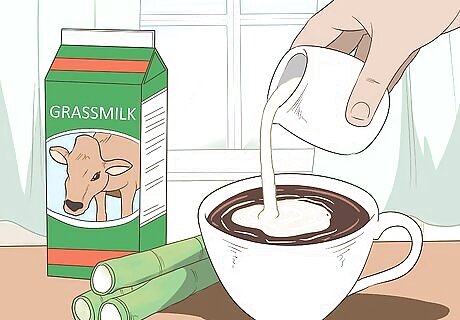
Put natural add-ins into coffee or tea. When you add natural organic fats, proteins and sugars to your caffeinated coffee or tea, it will help to balance out your blood sugar and energy levels while simultaneously decreasing the stress hormones that give you the jitters. Do not do this with artificial sweeteners and creamers. Try adding in whole raw organic grass fed milk, soy, almond, or coconut creamers. Use raw sugar cane, coconut sugar, maple syrup or honey as a sweetener.
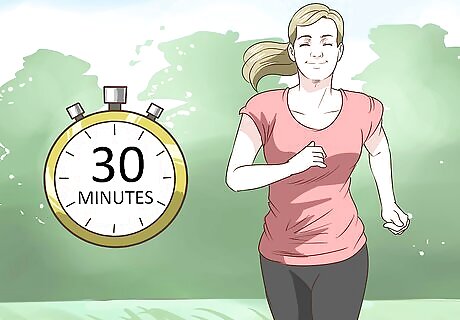
Get some exercise. Physical activity can help you burn off some of the excess energy created after drinking too much coffee. Exercise may neutralize the effects of caffeine, so carve out 15 to 30 minutes to get your body moving. Run, jog, walk, or dance. Just focus on getting your body moving to help burn off the extra energy created by caffeine consumption.
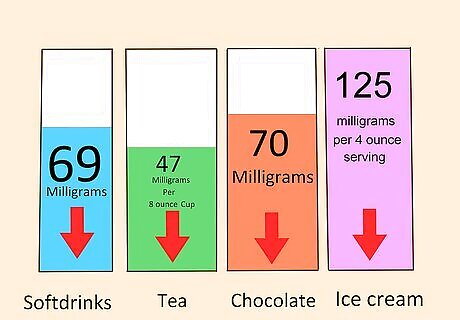
Monitor daily caffeine consumption. Chances are you have no idea how much caffeine you are actually consuming daily. Most people think of coffee, tea, and energy drinks as having caffeine in them. However, there are plenty of other foods that have caffeine as well. An 8-ounce cup of coffee will typically contain about 80 milligrams of caffeine (but this can vary slightly depending upon the source). Your decaffeinated coffee still contains a small amount of caffeine (about 2-25 milligrams). Most soft drinks can have anywhere between 23 and 69 milligrams of caffeine. Your teas will vary greatly in the amount of caffeine depending on the source, brand, and type of tea. Some teas, such as black tea can have as much as 47 milligrams of caffeine for one 8 ounce cup of tea. Chocolate comes from the cocoa beans which typically have a high amount of caffeine. With chocolate, the higher the cocoa content, the higher the caffeine content you will consume. A chocolate bar that is between 45 and 60 percent cocoa can have up to 70 milligrams of caffeine in it. Ice cream may also contain caffeine if it is flavored with coffee, tea, or chocolate. Some brands and types of ice cream can have as much as 125 milligrams per 4 ounce serving.
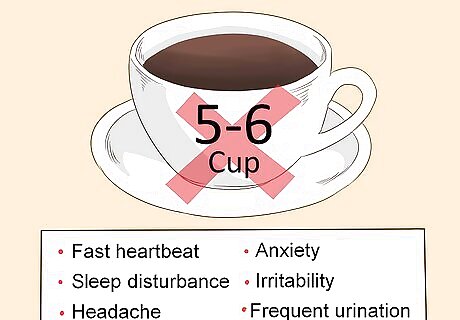
Reduce or limit your caffeine intake. If you’re already feeling jittery due to caffeine consumption, you should stop drinking it immediately. Never continue drinking coffee if you already feel edgy, as doing so will only worsen the problem. In the future, drink a little at a time to reduce the possibility of over-consumption. The appropriate amount of caffeine varies from person to person. In general, however, 5 to 6 cups may lead to “caffeine intoxication” for some. Symptoms might include a fast heartbeat, sleep disturbance, headache, anxiety, irritability, and frequent urination.
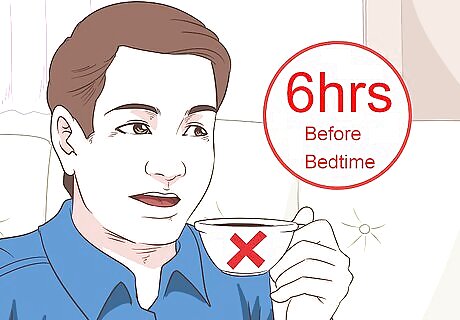
Avoid caffeine consumption late in the day. In addition to drinking too much, another reason people feel jittery due to caffeine is having it too close to bedtime. Because it’s a stimulant, you may begin to feel on edge and have difficulty getting to sleep. Avoid consuming caffeine at least six hours before your bedtime to reduce these effects. Listen to your body. Some people may have to cut their caffeine intake much earlier to prevent it from interfering with sleep quality.
Optimizing Your Health
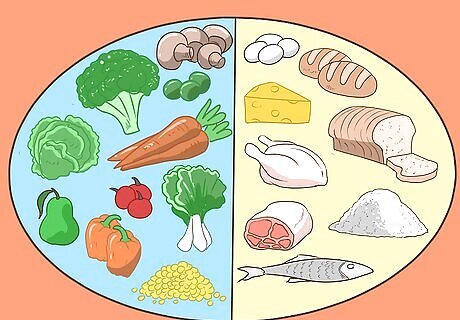
Fuel your body with nutritious foods. A bad diet loaded with sugary and fattening processed foods can often exacerbate anxiety. If you tend to feel jittery, you may want to clean up your diet. Choose whole foods like fresh or frozen fruits and vegetables, lean sources of protein, nuts and seeds, whole grains, and low-fat dairy. In addition to cutting out sugary foods, limit your intake of caffeine and alcohol which may worsen anxiety. Drink plenty of water instead.
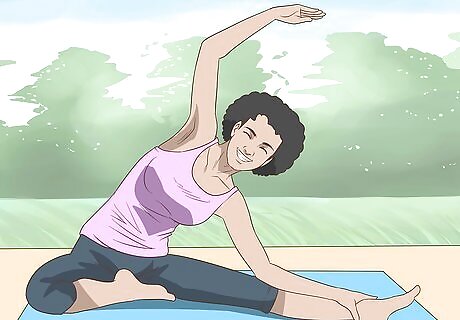
Exercise daily. Regular exercise can also combat anxiety. What’s more, squeezing a workout into your day, particularly in the morning, can provide you with an energy boost so you don’t have to turn to caffeine. Find an exercise routine you enjoy and aim to get physical for at least 30 minutes on most days of the week.
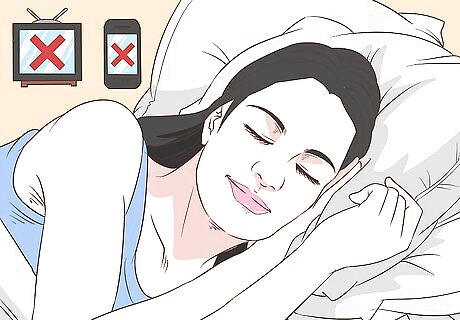
Get enough rest. Sleep deprivation often heightens anxiety and can lead to the jittery feeling you are experiencing. Make sleep a priority to help get anxiety under control. If you have trouble getting to sleep, develop a special nighttime routine that makes getting to sleep easier. This routine might involve taking a warm bath or shower, doing some light reading, journaling, or listening to calming music. Shut down electronic devices like cell phones and TVs that keep you awake longer. Around 7 hours of sleep is a good goal to aim for.
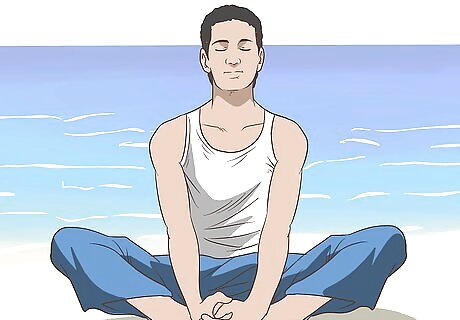
Start a self-care regimen. Sometimes, you may feel jittery because you are overworked and lack sufficient self-care. It’s important to set aside time each day to do things you enjoy. This helps you relax, and can even ensure you are more productive when you need to be. Try a creative pursuit such as writing or knitting. Or, watch your favorite TV show. Do relaxation strategies such as yoga or meditation. Focus on refilling your cup so that you can effectively handle your daily responsibilities.











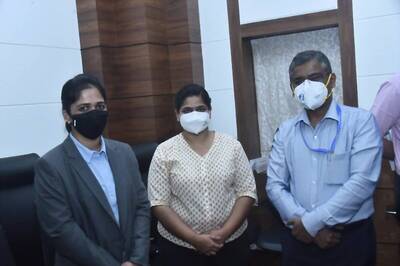

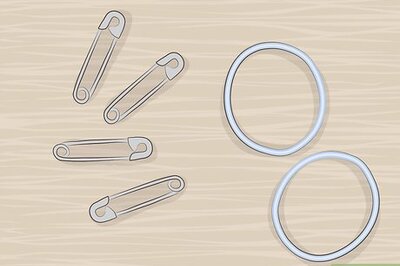






Comments
0 comment